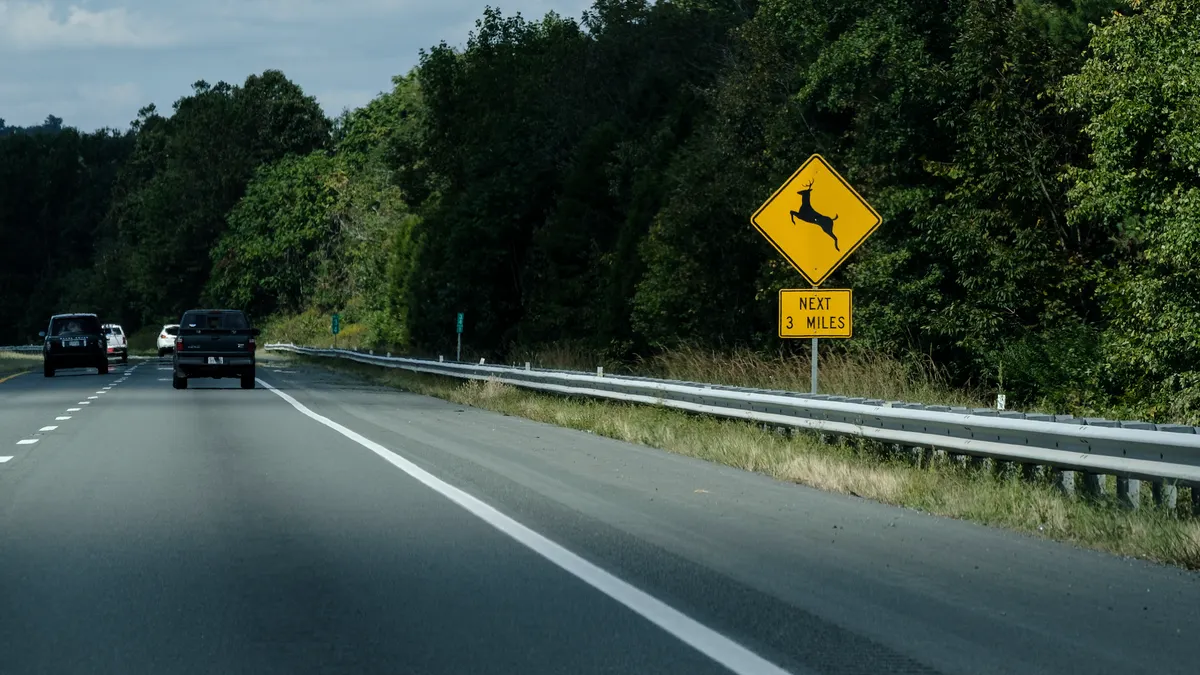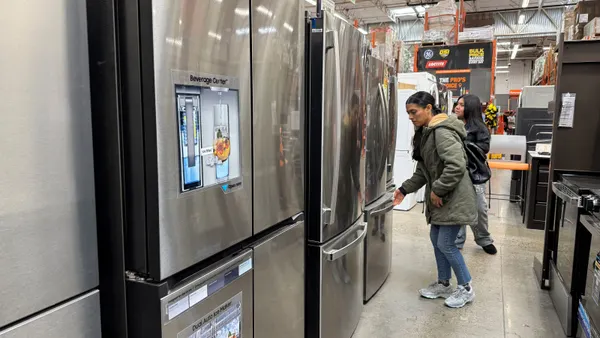The U.S. is in a “road safety emergency” and regulators are failing to meet the moment, David Harkey, president of the Insurance Instituate for Highway Safety, told legislators in a June 26 congressional hearing.
Between 2014 and 2022, U.S. vehicle crash deaths rose nearly 30%, with more than 42,000 people dying on U.S. roads in 2022 alone. In written testimony, Harkey pointed out the spike in fatalities “is not a global trend; in fact the U.S. is an outlier.”
“At IIHS, we are alarmed by the rising toll of crashes on our nation’s roads and dismayed by an apparent lack of urgency about fixing the problem,” Harkey said.
The hearing before the House Committee on Energy and Commerce’s Subcommittee on Commerce, Manufacturing and Trade was called to solicit insight for a new motor vehicle safety title that the subcommittee is pursuing as part of Congress’ yearly reauthorization of federal surface transportation programs.
Rep. Russ Fulcher of Idaho, who vice-chairs the subcommittee, said the group is looking to address vehicle safety while also ensuring that the “regulatory structure can foster, rather than hinder” the U.S. automotive industry.
NHTSA is the federal agency charged with regulating highway safety, and according to Harkey, it can do much more to save lives on the road. Harkey said NHTSA is making regulatory decisions too slowly and not recognizing the value of certain safety interventions.
“Despite its many important roles and significant past achievements, NHTSA is failing to meet the moment,” Harkey said. “In recent years, it has approached its job with a lack of urgency, using flawed methodologies that underestimate the safety benefits of obviously beneficial interventions.”
IIHS is a nonprofit organization funded by auto insurance companies and dedicated to reducing deaths, injuries and property damage in vehicle crashes.
Though without regulatory authority, Harkey said his organization “has found ways to fill gaps left by NHTSA.” He described how IIHS ratings often help drive automaker safety improvements, including crash avoidance technology and advancements in vehicle structures, airbags, seat belts and headlights.
Harkey said NHTSA should move quickly on several policies, including requiring anti-lock braking systems for motorcycles, mandating impaired driving prevention technology for new vehicles and overseeing the safe development of partial automation systems.
“NHTSA has an essential role to play in confronting our current road safety emergency, but doing so requires stronger leadership, a sense of urgency and a greater willingness to act,” Harkey said.













